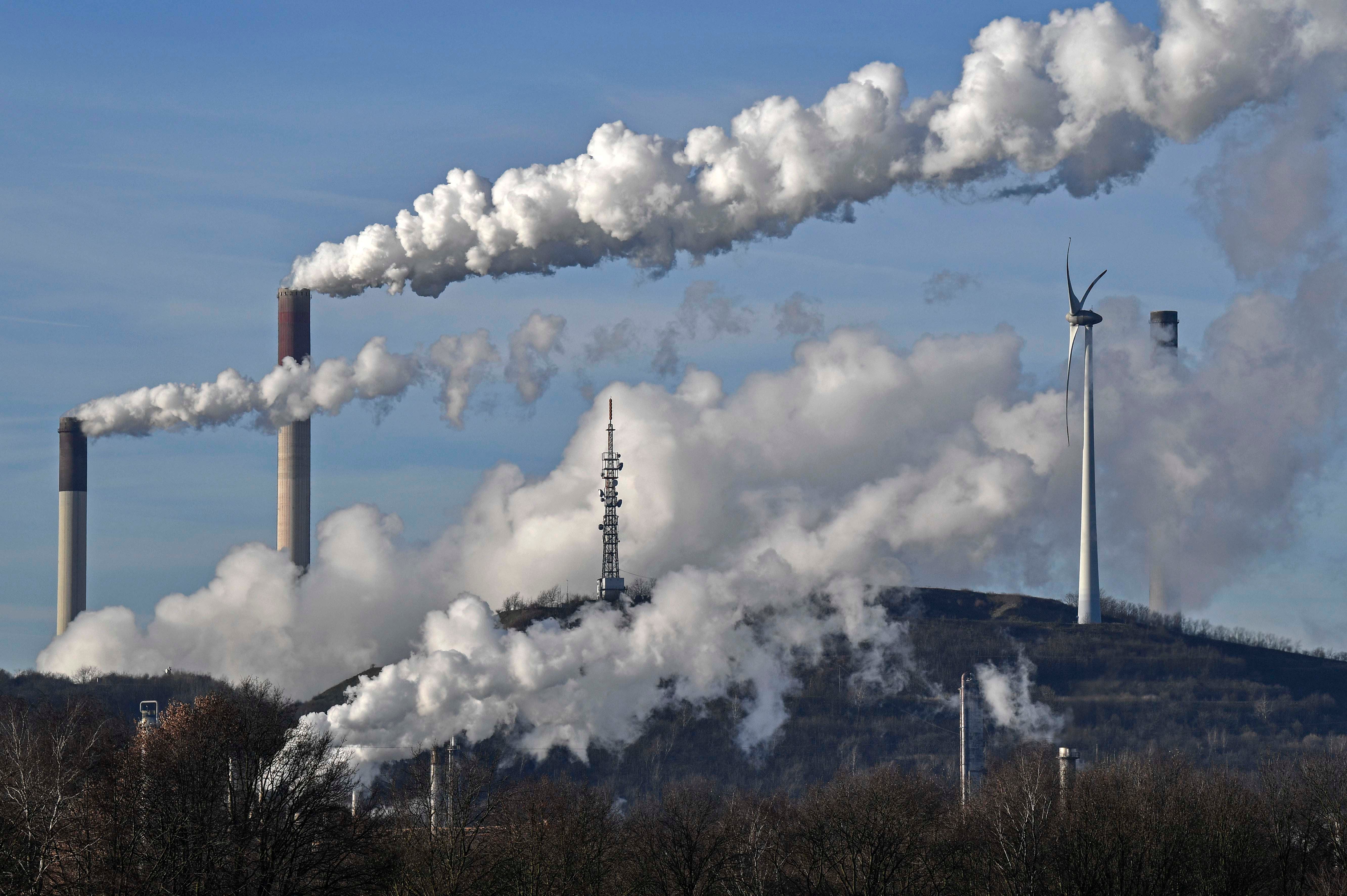
(London) – G7 member countries should take immediate and concrete action to end fossil fuel subsidies, Human Rights Watch said in a question-and-answer document released today. Ending these subsidies is key to countries meeting their human rights obligation to address climate change by reducing greenhouse gas emissions.
G7 leaders, representing some of the largest greenhouse gas emitting countries, are planning to establish shared priorities on climate change at an upcoming summit hosted by the United Kingdom from June 11 to 13, 2021. Since 2016, the United States, Canada, Japan, France, Italy, Germany, and United Kingdom have all committed to phase out “inefficient” fossil fuel subsidies by 2025, a commitment reiterated in May by G7 climate and environment ministers. However, there has been little reduction in the billions of dollars in support for fossil fuels they provide each year.
“The G7’s commitment to phase out fossil fuel subsidies by 2025 is critically important to address the climate crisis, but they’ve made it before and failed to follow up with needed action,” said Katharina Rall, senior environment researcher at Human Rights Watch. “If they’re serious this time, they should produce concrete plans for how they’ll meet this deadline.”
By subsidizing fossil fuels, governments artificially reduce the costs of fossil fuel exploration, production, transport, and use, encouraging continued fossil fuel dependence at a time when they should be rapidly transitioning away from fossil fuels toward clean, renewable energies like wind and solar. In so doing, governments are also failing to tackle related climate harms and human rights impacts around the world.
Human Rights Watch is concerned that G7 countries may use the lack of a definition for what constitutes an “inefficient” fossil fuel subsidy to exclude certain forms of support from scrutiny and continue to delay needed subsidy phaseouts at home and abroad. G7 governments provide at least $87.7 billion a year in support for fossil fuels, according to a recent estimate from the International Institute for Sustainable Development based on a 2017-2019 average. France, the United Kingdom, and Canada provide the most among their peers. During Covid-19, G7 governments, along with the four other countries invited to attend this year’s summit—Australia, India, South Korea, and South Africa—have continued to provide outsized financial support for fossil fuels: committing more than $189 billion to support coal, oil, and gas between January 2020 and March 2021, while clean forms of energy received only $147 billion, according to a report from Tearfund.
While the G7 climate and environment ministers’ May 21 commitment to end international financing for unabated coal power generation by the end of 2021 is positive, it does not go far enough in committing to end support for all coal-fired power generation, Human Rights Watch said. The ministers’ communique also does not commit to ending international support for oil or gas, leaving broad discretion to member countries to continue to subsidize fossil fuel development overseas.
Climate change is already having a profoundly negative impact on human rights around the world. In 2020, Human Rights Watch documented how climate change in Canada is depleting Indigenous peoples’ access to traditional food sources and contributing to a growing problem of food poverty. In Colombia, Human Rights Watch showed how more frequent droughts are worsening malnutrition among Indigenous children. In the US, Human Rights Watch exposed how extreme heat is linked to adverse birth outcomes, including preterm birth. These are only a few of the growing impacts experienced around the world that are expected to intensify as temperatures continue to rise in coming years.
In its question and answer document, Human Rights Watch outlines how governments, including those in the G7, should phase out fossil fuel subsidies in order to meet their human rights obligations to prevent foreseeable harm caused by climate change. If a government introduces a new fossil fuel subsidy, in the face of the current climate crisis, the document says, such a measure could constitute a rights violation.
All G7 countries should immediately commit to not provide any new international public finance for coal, oil, or gas projects. They should produce time-bound and transparent action plans during 2021 detailing how they will eliminate existing subsidies for fossil fuels, whether at home or abroad, by 2025. These plans should include eliminating indirect subsidies that arise through support to related infrastructure, advisory services, technical assistance, or financial intermediaries.
“By allowing fossil fuel subsidies to continue, G7 countries have been sabotaging their own climate efforts and making it less likely that the world will avoid the most catastrophic human rights consequences of global warming,” Rall said. “The billions of dollars used to subsidize fossil fuels each year could be invested in sustainable energy infrastructure and in providing communities with the resources they need to protect their rights and adapt to the climate impacts they are already experiencing.”
"fuel" - Google News
June 07, 2021 at 02:54PM
https://ift.tt/3w4irYc
G7 Governments: End Fossil Fuel Subsidies - Human Rights Watch
"fuel" - Google News
https://ift.tt/2WjmVcZ
Bagikan Berita Ini















0 Response to "G7 Governments: End Fossil Fuel Subsidies - Human Rights Watch"
Post a Comment